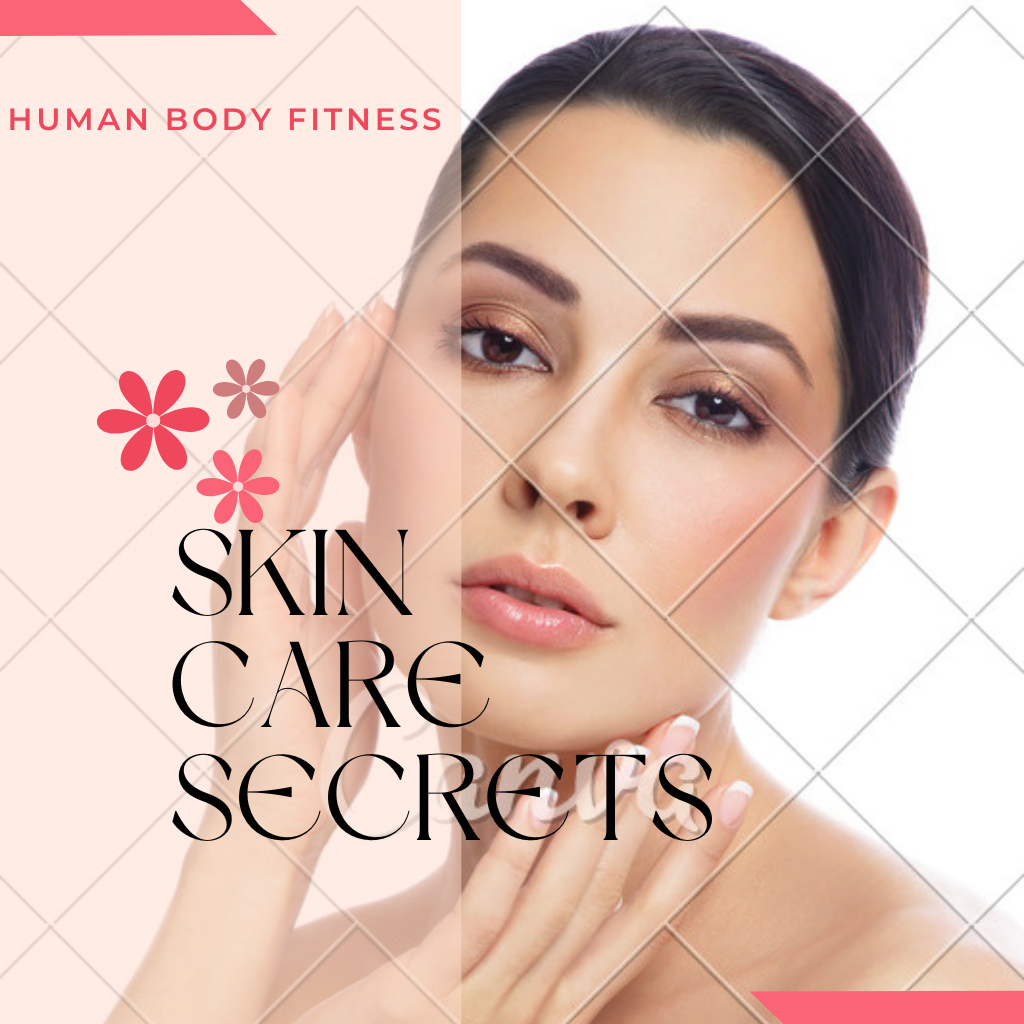Skin Care

Healthy, glowing skin is more than just a cosmetic goal—it’s a reflection of overall well-being. While genetics play a role, consistent care and lifestyle choices significantly impact skin health. This article breaks down the essentials of skincare, offering science-backed strategies to nurture your skin at any age.
1. Understanding Your Skin
Skin is the body’s largest organ, acting as a protective barrier against environmental stressors, pathogens, and UV radiation. It has three layers:
– Epidermis: The outermost layer, responsible for skin tone and texture.
– Dermis: Contains collagen, elastin, hair follicles, and sweat glands.
– Hypodermis: Fat and connective tissue that insulates the body.
Skin types vary:
– Dry: Flaky, tight, prone to irritation.
– Oily: Shiny, prone to acne.
– Combination: Oily T-zone (forehead, nose, chin) with dry cheeks.
– Sensitive: Reacts easily to products, prone to redness.
2. Building a Daily Skincare Routine
A consistent routine tailored to your skin type is key. Follow these steps:
Morning Routine
1. Cleanser: Use a gentle, pH-balanced cleanser to remove overnight oil and prep skin.
– Oily skin: Foaming or salicylic acid cleanser.
– Dry skin: Cream-based or hydrating cleanser.
2. Toner (Optional): Restores pH balance and preps skin for serums. Avoid alcohol-heavy formulas.
3. Serum: Target concerns with active ingredients:
– Vitamin C: Brightens skin, fights free radicals.
– Hyaluronic Acid: Hydrates plump skin.
– Niacinamide: Reduces redness and pores.
4. Moisturizer: Lock in hydration. Gel-based for oily skin, richer creams for dry skin.
5. Sunscreen: Non-negotiable! Use broad-spectrum SPF 30+ to prevent UV damage and aging.
Evening Routine
1. Makeup Removal: Use micellar water or oil-based cleanser to dissolve makeup and sunscreen.
2. Cleanser: Double-cleanse (oil-based followed by water-based) for deep cleansing.
3. Exfoliation (2–3x/week):
– Chemical exfoliants: AHAs (glycolic acid) for texture, BHAs (salicylic acid) for acne.
– Avoid over-exfoliating, which damages the skin barrier.
4. Treatment Serums:
– Retinoids (vitamin A derivatives): Gold standard for anti-aging and acne. Start slowly to avoid irritation.
5. Moisturizer/Night Cream: Opt for thicker formulas to repair skin overnight.
3. Key Ingredients to Know
– Antioxidants (Vitamin C, E, green tea): Combat free radicals from pollution and UV rays.
– Peptides: Stimulate collagen production for firmer skin.
– Ceramides: Repair the skin barrier, ideal for dry or sensitive skin.
– Zinc Oxide/Titanium Dioxide: Mineral sunscreen ingredients for sensitive skin.
4. Lifestyle Factors for Healthy Skin
– Hydration: Drink water to maintain skin elasticity.
– Diet: Eat antioxidant-rich foods (berries, leafy greens) and omega-3s (fatty fish, walnuts) to reduce inflammation.
– Sleep: Skin repairs itself during sleep. Aim for 7–9 hours nightly.
– Stress Management: Chronic stress triggers breakouts and eczema. Try meditation, yoga, or walks.
– Avoid Smoking and Excess Alcohol: Both dehydrate skin and accelerate aging.
5. Common Skincare Mistakes to Avoid
– Overloading Products: Layering too many actives (e.g., retinol + vitamin C) can irritate skin.
– Skipping Sunscreen: UV rays cause 80% of visible aging.
– Picking at Blemishes: Increases scarring and infection risk.
– Using Harsh Scrubs: Physical exfoliants can create microtears.
– Ignoring Neck and Décolletage: Extend your routine beyond the face.
6. Addressing Specific Concerns
– Acne: Use benzoyl peroxide, salicylic acid, or consult a dermatologist for prescription treatments.
– Hyperpigmentation: Try vitamin C, kojic acid, or hydroquinone (under professional guidance).
– Aging: Retinoids, peptides, and SPF are your best allies.
– Sensitivity: Stick to fragrance-free, hypoallergenic products.
7. When to See a Dermatologist
Persistent issues like cystic acne, rosacea, or unusual moles warrant professional care. Dermatologists can prescribe treatments like tretinoin, antibiotics, or laser therapy.
8. Embrace Your Skin’s Uniqueness
Skin texture, pores, and “imperfections” are normal. Social media filters set unrealistic standards—focus on health, not perfection. Confidence often shines brighter than flawless skin!
Conclusion
Skincare is a lifelong journey, not a quick fix. By understanding your skin’s needs, nourishing it with quality products, and prioritizing overall wellness, you can achieve a healthy, radiant complexion. Remember, consistency and patience are your greatest tools. Celebrate your skin’s resilience, and let your routine be an act of self-care, not stress.
